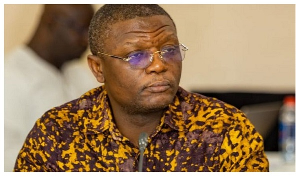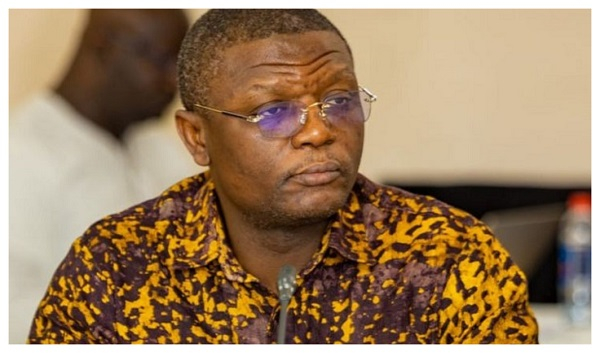 Kofi Adams is the Minister of Sports and Recreation
Kofi Adams is the Minister of Sports and Recreation
The Minister of Sports and Recreation, Kofi Adams, has reaffirmed the government’s unwavering commitment to making sports medicine a central element of Ghana’s broader sports development strategy.
Speaking at the 2025 Sports Medicine Conference hosted by the Sports Medicine Association – Ghana (SMA-Gh) at the Kwame Nkrumah University of Science and Technology (KNUST) in Kumasi, the Minister outlined a transformative agenda anchored on six key policy priorities aimed at revolutionising medical support in sports.
Kofi Adams detailed the six priority tasks SMA-Gh is urged to champion. These include mandatory “No Ambulance, No Event” rules for all sanctioned competitions to ensure minimum medical standards; instituting universal pre-participation health screening with annual assessments for athletes; and certifying at least 200 sports medicine professionals within the coming year to bolster workforce capacity.
He further emphasised the launch of a national injury and illness surveillance system, the strengthening of anti-doping measures through education and testing, and the reinforcement of governance with mandatory medical insurance for athletes. Minister Adams stressed that these initiatives are compulsory, not optional.
“I want to assure you of government’s full support through the Ministry of Sports and Recreation. These priorities will be backed by regulation, co-funding of equipment, and enforcement, working closely with the Ministry of Health, the National Ambulance Service, and the Ghana Education Service,” he declared.
Highlighting the critical role of sports medicine, the Minister stressed that it must be embedded at all levels of sport, from grassroots competitions to elite athlete programmes, to ensure athlete safety, enhance performance, and promote inclusion.
He lauded SMA-Gh for organising a timely, technical platform that brings together experts to set national benchmarks and mobilise practitioners across the sector.
The conference, which is Continuing Professional Development (CPD)-accredited, represents a significant milestone in advancing evidence-based practice, athlete safety, and clinical accountability within Ghana’s sporting environment.
It signals a new era where medical science and sports administration work hand in hand to foster a healthier and more competitive sporting nation.
